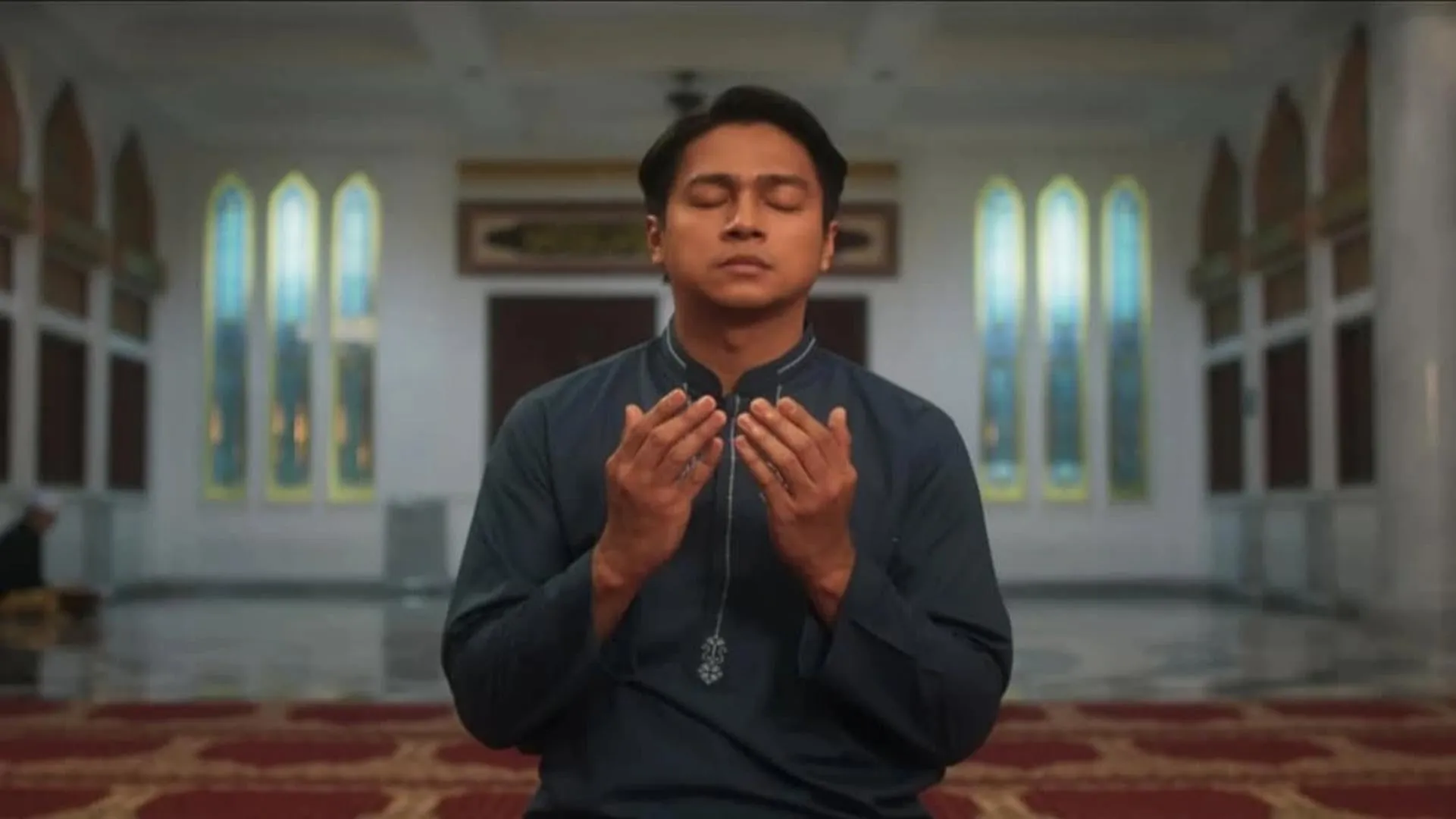A weight hangs over the sunlit docks of Promised Hearts, Anggy Umbara’s latest Indonesian offering on Netflix, adapted from Habiburrahman El Shirazy’s novel. In this world of salt-kissed air and shifting loyalties, Niyala (Beby Tsabina) emerges freshly graduated in white coat and trembling hope—her destiny sold to Roger (Dito Darmawan) in twilight’s quiet ledger. Across oceans and obligations, Faiq (Deva Mahenra) returns from Cairo, heart divided between a new fiancée, Diah (Caitlin Halderman), and an unspoken bond older than memory.
The film’s undercurrent is a tangle of family debt, social expectation and secret pacts that threaten to drown fragile yearnings. Whispers of faith thread through dialogue, asking if duty can coexist with desire. A friends-to-lovers romance pulses beneath ritual prayers and harsh bargains, setting a stage where every glance holds the promise of betrayal or salvation—though which will triumph remains unseen.
The Unraveling of Tides
Childhood in Niyala’s fishing village feels haunted by cruelty: Roger’s taunts echo like stones thrown into still water, and then a mother’s passing fractures their small world. Faiq’s departure for Cairo leaves Niyala standing on a shifting shore, longing carried in every salt breeze.
When Rusli, her father, signs her name on a marriage contract to settle Cosmas’s wrath, the air sours: Faiq arrives engaged to Diah, bearing letters of promise that Niyala cannot read without pain. Each scene ratchets tension—Niyala tending patients in a sterile ward as her own freedom bleeds away, Faiq torn between gratitude to his family and an ache he barely admits.
Roger’s “reformed” facade shatters in a quiet confession, and Diah, perceptive to the silent current between Niyala and Faiq, questions her own place in this storm. Then the narrative tilts on its head with the startling breast-milk revelation, a device so surreal it shocks the heart into heightened awareness. In rapid succession, loyalties fracture, and the film hurtles toward a collision of love and obligation under close-up scrutiny.
Faces in the Mirror
Niyala evolves from dutiful daughter into a woman who questions the price of her own life. Tsabina’s gaze shifts from healer’s calm to simmering rebellion in moments when Niyala finally hears Faiq’s unspoken confession. The chemistry between them often blossoms in silence—two shoulders brushing in a crowded corridor, sorrow passing like a whispered confession.
Faiq carries brotherly devotion like armor, yet Mahenra reveals the armor’s cracks: a tremor in his voice when he realizes that duty cannot restrain longing. His confrontations with self echo Kierkegaard’s idea of despair—caught between social ascendancy and a love that demands authenticity.
Roger stands at the axis of manipulation, a man reshaped by privilege into a predator in gentle clothing. Darmawan breathes life into the duality: the soft-spoken courtship that turns venomous when his true scheme surfaces.
Among the ensemble, Diah becomes both foil and mirror—her compassion a mirror that forces Faiq and Niyala to face hidden truths—while Cosmas and Herman cast long shadows of class oppression. Each performance pulses with fragments of genuine feeling amid the heightened reality.
Frames of Faith and Fate
Visually, the film moves between the ochre hues of the fishing village and the sterile blues of Jakarta hospitals, as if framing Niyala’s spirit between earth and sky. Wedding saris shimmer like trapped fireflies, and jilbab-clad prayers rise with the dawn. Umbara’s direction leans into Bollywood’s embrace of close-ups and dramatic two-shots, the camera hovering as lives collide in a single frame.
Philosophically, duty and desire wrestle beneath ritualistic dialogue. Faith emerges as both sanctuary and cage—prayers echo in corridors where love feels illicit. The debt that binds Niyala’s family to Cosmas is more than money; it embodies the weight of tradition pressing on individual yearnings. Through color and composition, the film asks if one can honor ancestral vows while answering the heart’s dark beckoning.
Promised Hearts is a 2025 Indonesian romantic drama that premiered worldwide on Netflix on 31 March 2025, timed to coincide with Eid al-Fitr celebrations.
Full Credits
Director: Anggy Umbara
Writers: Oka Aurora, Habiburrahman El Shirazy
Producers and Executive Producers: Manoj Punjabi, Shania Punjabi, Indah Destriana, Mahran Haydar, Amar P. Kalwani, Sagar Mahtani, Karan Mathani, Aditya Umbara
Cast: Beby Tsabina, Deva Mahenra, Caitlin Halderman, Dito Darmawan, Imran Ismail, Alya Rohali, Kiki Narendra, Ayez Kassar, Arry Febrian, Vonny Anggraini
Director of Photography (Cinematographer): Dicky R. Maland
Editors: Ahsan Andrian
Composer: Nara Anindyaguna
The Review
Promised Hearts
In its earnest clash of duty and desire, Promised Hearts offers moments of genuine tension and visual warmth, yet its tonal whiplash and sudden narrative gambits leave existential yearnings only half-satisfied. The film’s faith-laden melodrama intrigues, but the surreality of its final twist unsettles rather than resolves the characters’ souls.
PROS
- Evocative coastal and ceremonial imagery
- Strong chemistry in silent exchanges
- Thought-provoking exploration of obligation
CONS
- Abrupt, jarring plot devices
- Uneven pacing and tonal shifts
- Underdeveloped supporting arcs

















































